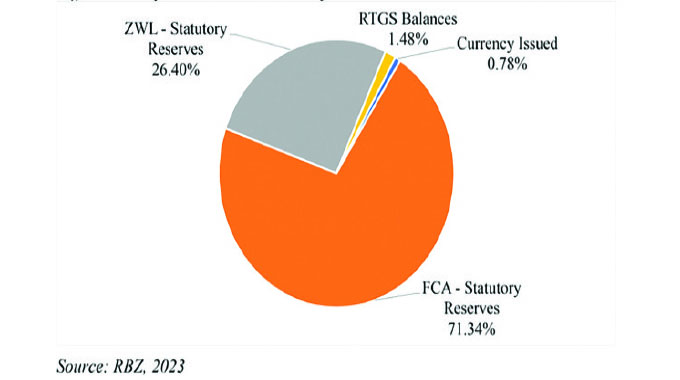Why you should backup your company’s data
A big corporation is working on a multimillion-dollar project that goes on for months and uses more resources than they planned for and they do not believe in backing up their data because they have never had reason to before! One power cut and hardware failure later they are back to square one. Failing to protect their data could have led to the undoing of their company.It only takes a second for something unexpected to happen, to compromise your critical and often highly sensitive data and jeopardise your reputation.
For most of us, the use of IT systems is a huge and growing part of our daily lives and saving business data on a PC or server is as routine as breathing.
Having just one copy of business critical information such as accounts, contacts, invoices and important documents is highly risky.
How would your business function if this information was not available for just one day? And what long term effects would this have on you?
Despite advances in technology, data is still highly vulnerable to a number of threats that can leave you in unwanted situations.
What is data backup and why should you do it?
Data is critical to the smooth running of any business and is the essential start to any business continuity plan.
‘Backing up’ means making a copy of your files; this can then be used if the original copy is lost or damaged.
Preferably the second copy should be held at a different location to the original and be kept in a secure environment.
Data loss can happen in so many ways; according to statistics provided to ZOL Zimbabwe by Crashplan for Africa, the largest cause of data loss is hardware/system failure at 44 per cent, closely followed by human error at 32 per cent.
Apart from the staggering loss statistics, there is also the problem of theft of either the physical hardware; the laptop or PC, or the soft copy data by hackers.
There have been massive data breaches involving data coming from governmental entities and multinational organisations.
Two noteworthy events from the recent past: The 2011 compromise of the identifiable information (PII) of more than 8.3 million U.K. citizens when a National Health Service laptop was stolen.
And the 2014 breach of Sony, where hackers not only erased data from its systems, but also stole, and released to the public, pre-release movies, people’s private information, and sensitive documents.
It is also common for data to be saved to just one place, like ‘My Documents’ on your PC’s hard drive.
Which means that if this data were to be accidentally changed or deleted it would take considerable time and expense to restore it, if it could be recovered at all!
More and more, people are able to work effectively on many different devices and in many different places.
They do some work on their laptop, they do some work on your desktop and then complete a file upload from their tablet.
In this global business environment, executives travel regularly, video conference calling from a ZOLspot at the airport.
Did you know that 43 percent of laptops are lost off-site and 33 percent of laptops are lost in-transit?
How much is it going to cost you to find out what data they held – and how much will it cost you to replace all that data?
Staff also leave the business, you can’t stop that. But when they go, what happens to your data?
Do you know what data they had? Not just on the office PC but what was on their laptop at home? Did they back it up continuously and religiously?
Even more concerning, what would happen if a key member of your IT team moves on? Is all your company data in a safe and secure place, carefully backed up?
What if your sales database disappeared, along with records of time and billable projects? Or what if there was an un-recoverable crash involving your financial data?
The “The Billion Dollar Lost-Laptop Study” survey conducted by Intel Corporation surveyed 329 companies and found that more than 86,000 laptops had been lost or stolen. Homes and hotel rooms accounted for more than 40 per cent of laptop disappearances.
“It’s not only about what happens if you lose your data.
If you have 1 000 computers in your business, statistics show that you will need to upgrade or replace around 250 computers each year.
The manual upgrade and data migration to the new machines represents a heavy, avoidable workload for any IT department and significant down time for the worker whose machine is being replaced”
So how can you back up your data?
Don’t be left out in the cold without your important documents again. Data backup software can help you protect and restore your data when something goes wrong.
Depending on the software you choose, this could be a quick and painless process or a slow and arduous one.
Crashplan continuously and automatically backs up every version of every file on every device forever. It compresses, encrypts and then backs up the data.
Keep your backups off site, that way if you do lose data to a fire/flood/theft you know you can retrieve your information.
Crashplan gives you the option of storing your data either in their secure pan-African cloud or at your site.
All your users’ devices are added to the system; remote workers, field workers, overseas workers, the data is stored centrally regardless of where they are.
And the data can be restored to wherever they are working.
The bottom line is that if you value what is kept on your computer, it is wise to take steps to protect your information from sudden loss.
Start protecting your data today, contact the ZOL team on 08677 111 111.






Comments